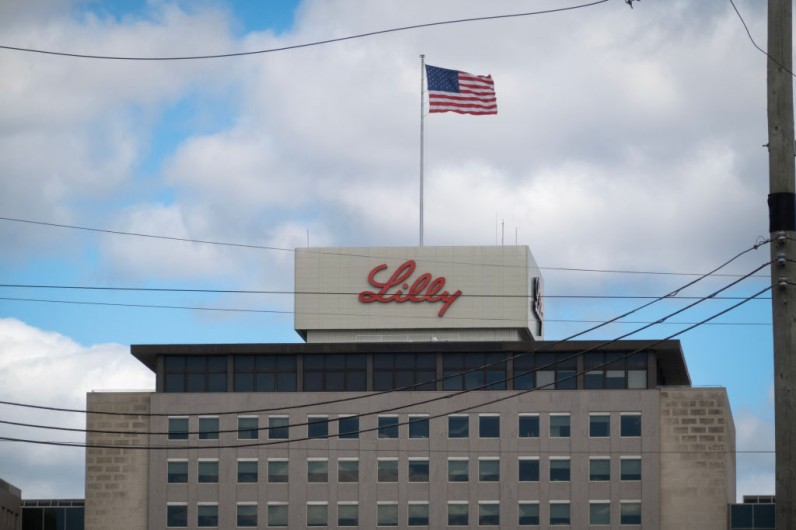
Drugmaker Eli Lilly is taking legal action against four companies for selling copycat versions of its popular weight-loss and diabetes drug, tirzepatide. This key ingredient is used in Lilly's approved medicines Mounjaro and Zepbound.
According to Reuters, the lawsuit was filed Wednesday in federal court in California. The companies named are Mochi Health, Fella Health (also operating as Delilah), Willow Health Services, and Henry Meds.
Lilly says these companies are selling unapproved versions of tirzepatide in different forms, like pills and drops, even though the drug is only approved by the FDA for injection under the skin.
"These are untested knockoffs that could put people at risk," Eli Lilly said in the complaint. "Our medicine is only tested and safe when injected, not taken by mouth."
Lilly also claims the companies misled customers by offering drugs that haven't been shown to work and may be unsafe. In one case, Henry Meds was selling an oral version of tirzepatide, which has never passed clinical trials.
The drug company says it's especially concerned about safety. "Compounded drugs don't go through the same safety checks," a company spokesperson said. "They may be cheaper, but they may not be safe."
Eli Lilly sues 4 telehealth firms for selling untested #WeightLoss & #Diabetes drug imitations. FDA ends GLP-1 shortage, halts replica production. #Pharma #Healthcare #Regulation #Lawsuit #Medicine pic.twitter.com/8x3Yk5mDq6
— Musings (@StanleyEpstein) April 24, 2025
Read more: Eli Lilly Announces Plans to Strengthen US Supply Chain with $27 Billion Manufacturing Plan
Eli Lilly Sues Over Fake Tirzepatide as Drug Shortage Ends
This lawsuit follows earlier efforts by Lilly to stop unauthorized sales. In the past year, Lilly has sued over two dozen wellness centers and medical spas.
It also sent about 50 cease-and-desist letters to companies making fake versions of the drug.
Another concern in the lawsuit is how the companies are run. Lilly says Mochi Health and Fella Health are making medical decisions even though they are not owned by licensed doctors. Lilly says this is illegal and puts patients at risk.
In the suit, it claims that Mochi's CEO, Myra Ahmad, is not a physician but helps control patient prescriptions, The Hill said.
The lawsuit says both Mochi and Fella changed drug formulas without doctors' approval. Fella reportedly made patients switch to versions with new additives, and Mochi lowered the doses to levels that haven't been tested.
Before, the FDA had allowed compounders to copy drugs like tirzepatide because of a shortage. But now that the shortage is over, making and selling these copies is against the law.
Eli Lilly says it is taking these steps to protect patients and make sure only safe, tested drugs are available. The company has not commented further as the lawsuits continue.







Join the Conversation